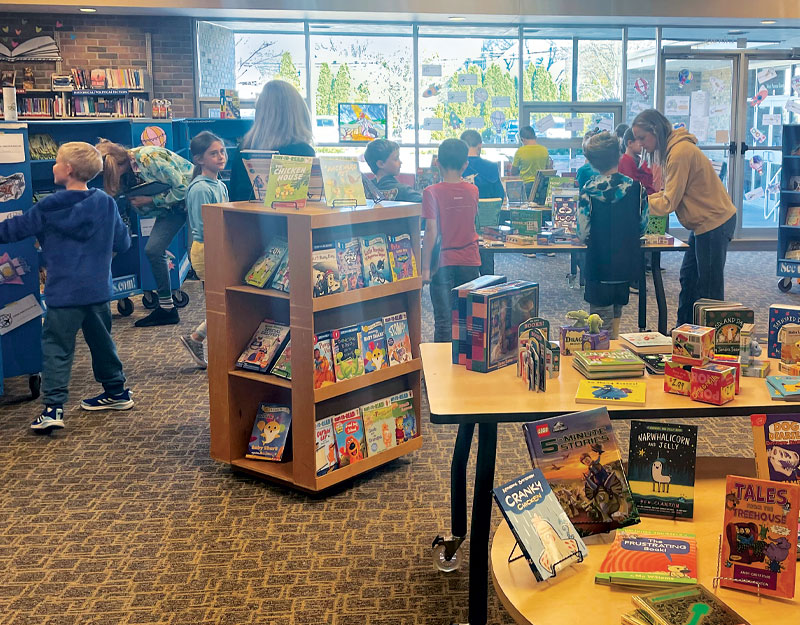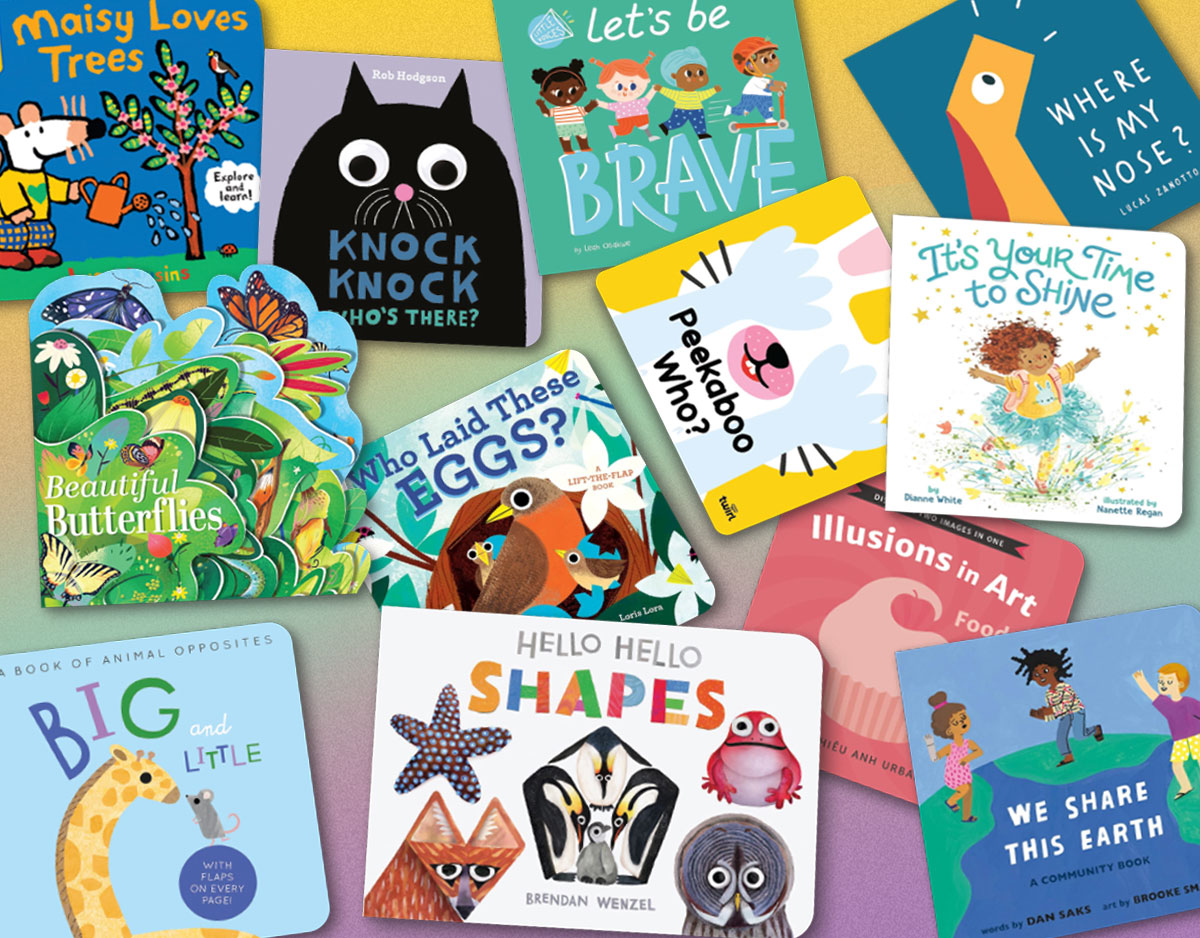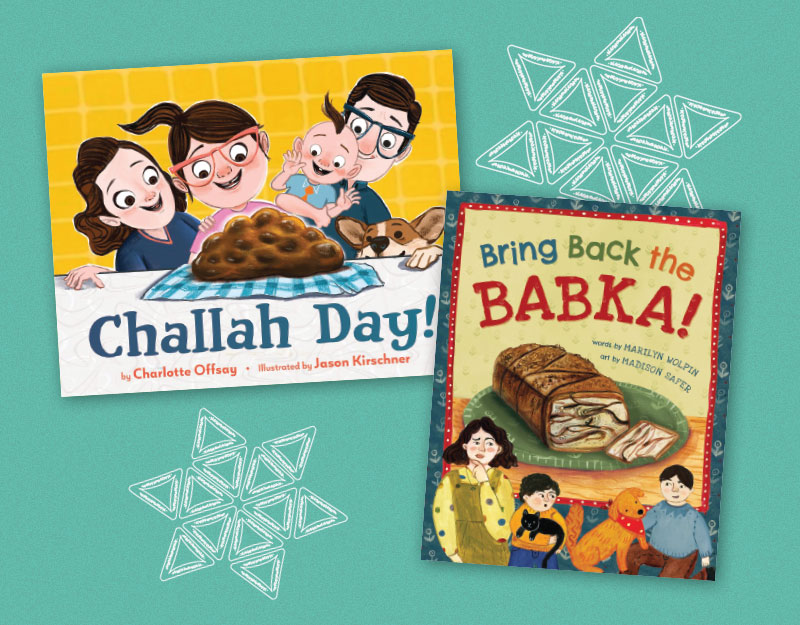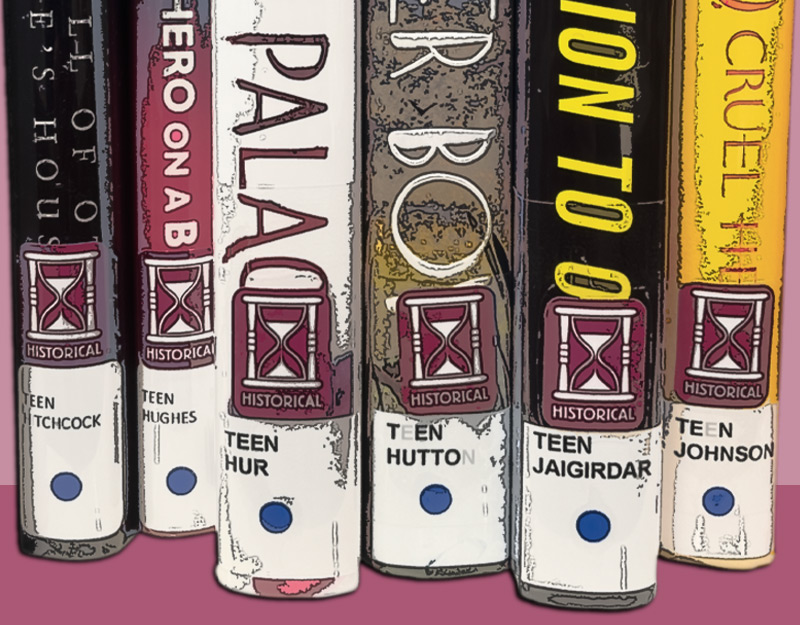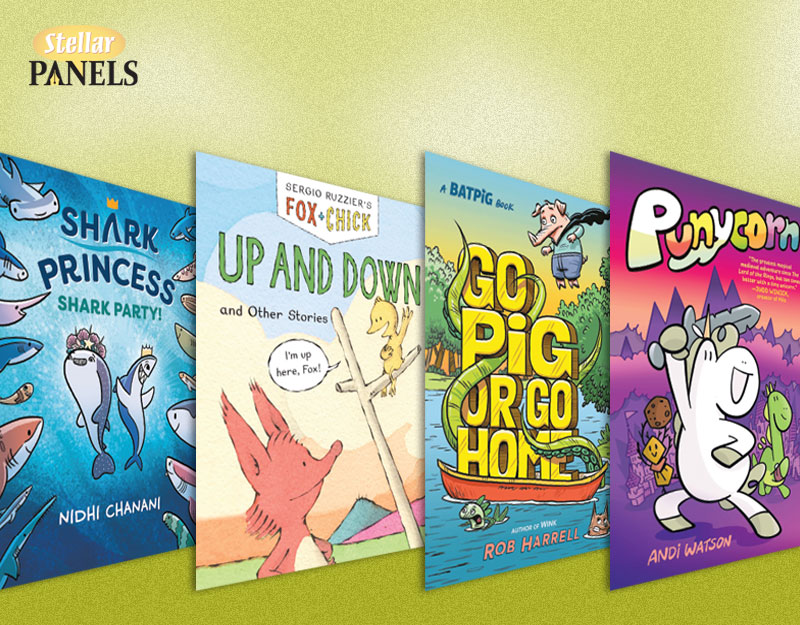Sunday Reflections: Going to Bed Hungry
 Violence. Bullying. School testing. We talk a lot about the issues affecting the lives of teens, but we don’t talk enough about one of the biggest: poverty and food insecurity. 1 out of 5 children don’t know when – or if – they are going to get to eat today.
Violence. Bullying. School testing. We talk a lot about the issues affecting the lives of teens, but we don’t talk enough about one of the biggest: poverty and food insecurity. 1 out of 5 children don’t know when – or if – they are going to get to eat today.
“It was during such a moment that my stomach, empty for nearly forty-eight hours, constricted and squired out a noise of at least six seconds in duration . . . In a twisted bit of mercy, I could not fully concentrate on my own mortification, as I was gripped by hunger pains the likes of which I’d never felt. I had to eat . . .” Rotters, Daniel Kraus
“I’m not on drugs,’ I blurted, ‘I’m just hungry.’
‘Hungry’, mused Diamond. . . .
‘Joey, say it was up to you. How would you like us to help you?’
‘I just want to eat’ was all I said . . .” Rotters, Daniel Kraus
In Rotters, author Daniel Kraus writes a compelling potrayal of one teen boys descent into an underground world that many of us never realized existed: graverobbing. It is a dark, twisted tale where Kraus sets up a sympathetic character, smashes him to bits in the most darkest of ways, and then you suddenly find yourself reading the darkest, most unflinching tale of a character that you once rooted for but now often loathe. It is bold and daring storytelling at its best. But for me, one of the most stunning features of Rotters is the all too tangible and aching description of food insecurity that Kraus portrays in the character of Joey Crouch. After Joey’s mom dies, he is sent to live with a father he never really knew and is thrust into a life of abject poverty. He goes days without eating, living in a shack that can barely be considered a home. It is this very food insecurity that makes Joey tiptoe onto this dark path. Although it has been over 3 years since I first read Rotters, I have never stopped thinking about this book. And recently, I began listening to it on Audio and was amazed at how much more visceral the audio presentation made those very uncomfortable scenes, those scenes that far too many of our world’s children are living every day. When narrator Kirby Heyborne says “I just want to eat”, your heart just shatters into a million pieces because you can hear the hunger in his voice. There is a reason this audio adaptation won the 2012 Odyssey Award.
Just a few days into his tortured life at a new school, already the subject of bullying and scorn for the father he barely knows, Joey is tortured by hunger. He is caught by a teacher stealing a purse out of a locker just to get some money to eat. And when the school gets involved, they do everything exactly wrong; except they do get Joey signed up for free lunch. But as too many children know all too well, lunch is never enough.
As childhood poverty rates rise, events close to home have reminded me how important this issue is to our children and teens; to their well being today and their potential for success in the future. And listening once again to Rotters was the impetus to get me to write this post.
If you follow me on Twitter, you know I tweet often about childhood poverty. Currently, 1 in 5 children go to bed hungry. They have what is known as “food insecurity”; they do not know when and where their next meal may come from. They go to school with hungry, raging bellies and find it hard to concentrate and learn because hunger is one of the primary needs we all need to satisfy in order to just get through the day. It is hard to listen to a teacher at the front of a room when your belly is screaming at you from within.
My Tween daughter is friends with a girl living with food insecurity. Her parents were forced by recent events to move to a new state, much like we were, to find employment, though they have been less successful than we have been. They have used local food pantries to supplement their low, unsteady income (the dad can only find intermittent contract work, which runs out). People from church have bought them groceries. They have worked temporary jobs with incredibly late hours, leaving their kids home alone or with neighbors while they try and earn just enough money to buy groceries for another two weeks. And yes, my family has bought them groceries, because even as we sometimes try to figure out how to make the end of our paycheck last until the next payday (I too have only been able to find a part-time job), I have been very aware that I would want someone to feed my children if I could not.
I have written before about the community that we just moved out of in Ohio. How at one point and time (in 2010) it had the highest poverty rate in all of Ohio. This school year, a teacher wrote a grant and every student gets free breakfast and lunch at school because the poverty and hunger are so high. Somewhere around 70% or more qualified for free or reduced lunch. During the summers, the community gets together and provides lunches at various locations because they know that for many of those children, it will be the only food they eat that day.
ADVERTISEMENT
ADVERTISEMENT
@tlt16 My sister works in a school where kids say “It wasn’t my turn for breakfast today” because there isn’t always enough to go round.
— Lauren’s Lit (@ll_lit) April 21, 2013
As I was Googling around for more concrete facts to share with you for this post, I stumbled across the Twitter account of Tom Hiddleston, Loki from the Avengers movie (which is on repeat at my house). Mr. Hiddleston recently participated in a campaign known as Below the Line where people were challenged to live on just $1.50 a day for their food and drink resources, the average of what people living in poverty spend. Mr. Hiddleston kept a video diary where he showed himself eating things like a baked potato and giving up coffee. $1.50 a day does not buy you much, it does not fill your belly and provide you with the healthy fuel you need to live a quality life, it simply dulls the hunger pains.
[youtube http://www.youtube.com/watch?v=S55dTdhpQ_A]
There are other major movements out there to help raise awareness about hunger not only in America, but in our world. Top Chef star Tom Coliccichio recently put together a documentary called A Place at the Table. The PBS series Frontline recently did a series on Poor Kids where they talked to children about growing up in poverty – and hungry. The Frontline special is full of important information and I highly recommend it.
So here are some things you need to know:
“Nearly 16 million children in the United States – 22% of all children – live in families with incomes below the federal poverty level – $23,021 a year for a family of four. Research shows that, on average, families need an income of about twice that level to cover basic expenses. Using this standard, 45% of children live in low-income families.
Most of these children have parents who work, but low wages and unstable employment leave their families struggling to make ends meet. Poverty can impede children’s ability to learn and contribute to social, emotional, and behavioral problems. Poverty also can contribute to poor health and mental health. Risks are greatest for children who experience poverty when they are young and/or experience deep and persistent poverty.
Research is clear that poverty is the single greatest threat to children’s well-being. But effective public policies – to make work pay for low-income parents and to provide high-quality early care and learning experiences for their children – can make a difference. Investments in the most vulnerable children are also critical.” – National Center for Children in Poverty
If you work with teens, you need to be aware that many of them who come into your school and public libraries are hungry. Not hungry for knowledge, but just plain ole hungry. Gut wrenching, acid boiling, can’t concentrate on anything, hungry. If you have the means, add snacks to your programming. Healthy snacks so that these children are getting some of the nutrients they need not only to keep their body functioning, but to keep it functioning well and thriving.
Find ways to get teens involved in the issue of local and world hunger. Use your social media platforms to share statistics, PSAs and more. Have events like a Food for Fines to get teens involved in helping at the local level. Keep in mind that community involvement is an important Developmental Asset when selling these types of programs to your administrators.
ADVERTISEMENT
ADVERTISEMENT
Libraries are all about educating the people and helping them reach their personal best, and we can do that by making sure that our administrators, our communities and our teens know what a pressing issue poverty and hunger is. And it’s not just about the homeless people you see begging on the street, it is also about the people in the house next door that you don’t realize are eating plain spaghetti noodles for the 3rd night in a row and are coming to our libraries to look for work because they can’t afford computers or Internet access. Let teens know that one of the biggest issues facing those in poverty is access to clean drinking water.
Teens can make a difference in the lives of others, they just need to know there is a need. And we can make a difference in the lives of our communities. Information is power, so help us get the information out there.
“The dirt became just dirt. It quit clinging to roots, ceased soaking up manure, stopped drinking rain, and spat seeds. . . Now the entire farm was up for sale, and soon they would be transplanted to some desultory house in Monroeville or Cotober or Bloughton. A house – that was if they got lucky with an offer. More likely was an apartment. Ry could barely conceive of such a thing. He glances at his sister, maybe fifteen feet away, and tried to imagine her growing into a long-legged young lady within such cramped confines. He returned his face to the dirt. His heart hurt; he could actually feel it hurt. What was the use of resisting?” – Scowler, Daniel Kraus (which also has some stunning depictions of poverty).
Take 5: MG and Teen fiction that portray poverty and food insecurity
Rotters by Daniel Kraus
Almost Home by Joan Bauer
Hold Fast by Blue Balliett
Dicey’s Song by Cynthia Voigt
Dare You To by Kate McGarry
And recommended by the Tweeps on Twitter:
Miles from Ordinary by Carol Lynch Williams
Keep Holding On by Susan Colesanti
Trafificked by Kim Purcell
Madapple by Christina Meldrum
Crazy by Han Nolan
Dare You To by Kate McGarry
Resources:
Action Against Hunger
Unicef: Below the Line
The Water Project
Charity: Water
Filed under: Daniel Kraus, Hunger, Poverty, Rotters, Teen Issues, Tom Hiddleston
About Karen Jensen, MLS
Karen Jensen has been a Teen Services Librarian for almost 30 years. She created TLT in 2011 and is the co-editor of The Whole Library Handbook: Teen Services with Heather Booth (ALA Editions, 2014).
ADVERTISEMENT
ADVERTISEMENT
SLJ Blog Network
The Moral Dilemma of THE MONSTER AT THE END OF THIS BOOK
Cover Reveal and Q&A: The One and Only Googoosh with Azadeh Westergaard
K is in Trouble | Review
Fighting Public School Book Bans with the Civil Rights Act
ADVERTISEMENT



